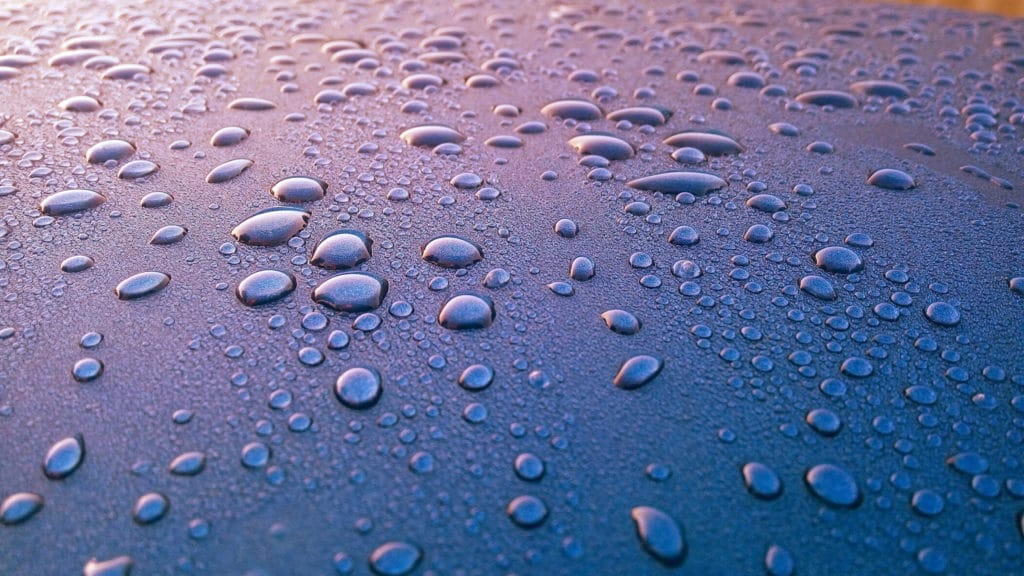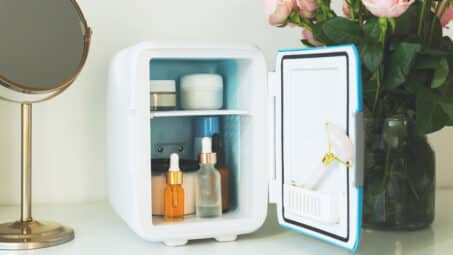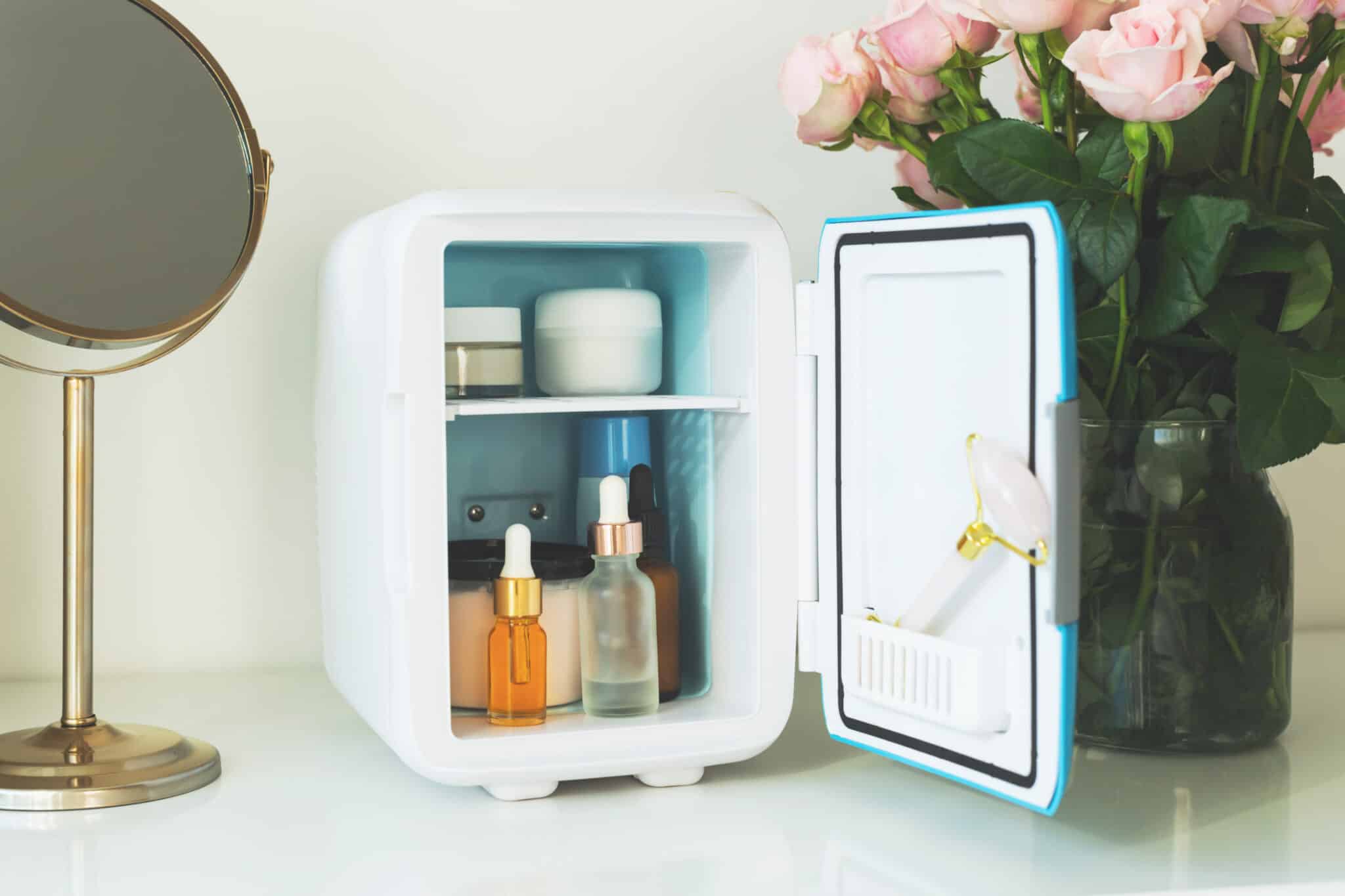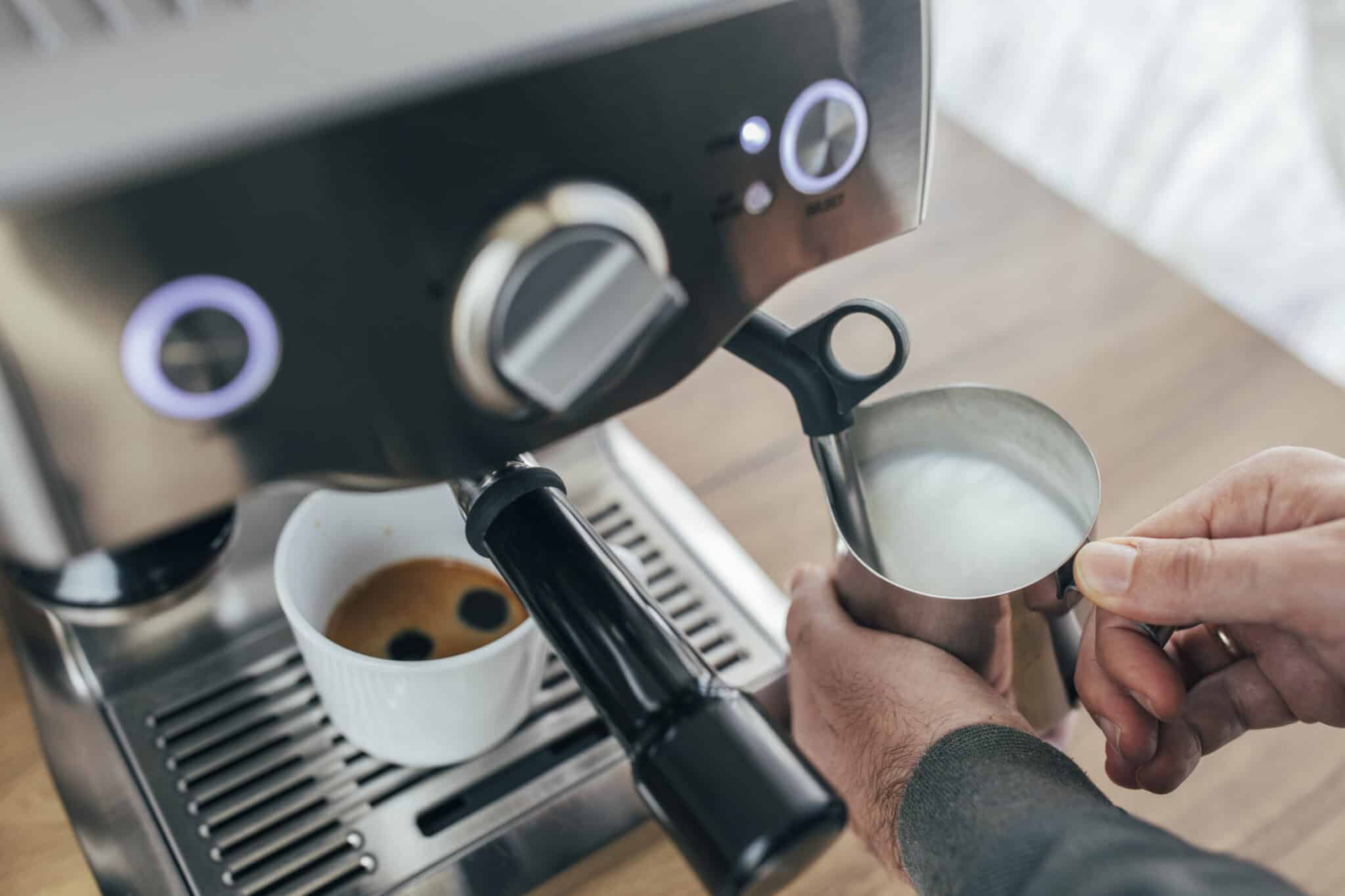Low humidity can cause problems with your home and health, so for many, the solution is a humidifier.
Dry air in your home can cause wood furniture and flooring in the house to dry out and crack. More importantly, it can cause health problems. If the humidity in your home is consistently below 30%, it can cause itchy skin, dry eyes, irritated nasal passages and nosebleeds and even can make asthma and allergies worse. If your heating is on often, you can be sure of low humidity. The first sign of this is usually static after walking across the carpet.
Humidifiers aren’t very expensive and can be well worth it to avoid and alleviate symptoms caused by dry air. But before you spend the money, you can try a few simple remedies to increase the moisture in your home before purchasing a humidifier. Some of these include:
- Don’t run your dryer as much and make sure it is vented to the outside.
- Let clothes and dishes air dry. This not only saves energy but releases extra moisture into the air.
- Keep houseplants in several rooms of your house.
- Put bowls of water on floor registers and window sills.
- Leave the shower door open when showering and let tubs of water cool before draining.
If these solutions don’t provide enough moisture, or you just want a faster solution, then purchasing a humidifier is the only way to go. There are two basic types of humidifiers, whole-house and portable units. Generally speaking, a whole-house unit is the most efficient and cost-effective. They frequently cost less than the stand-alone units and if you are handy, can be installed yourself. Once installed, you never have to worry about it again. If the furnace is running, so is the humidifier, drawing water from the plumbing and spraying it directly into your duct system.
If you don’t have a traditional whole house furnace system or are a renter, then a portable humidifier is your best bet. There are many perks to having a portable humidifier. You can concentrate the humidity where you need it most, such as your bedroom, rather than dispersing all over the house.
The downsides are that they can be noisy and you have to continually maintain them, filling and emptying water basins and cleaning the units. Aside from the upkeep to avoid mold buildup, many manufacturers recommend using distilled water instead of tap water, increasing the cost of ownership.
The decision on which type of humidifier you buy will depend on these factors, but there is no bad choice. Whichever type of humidifier you choose to use in your home, you will reap the benefits immediately, raising and keeping your home in the 30% to 50% humidity range will make you and your family more comfortable and healthier during the winter or drier months.






